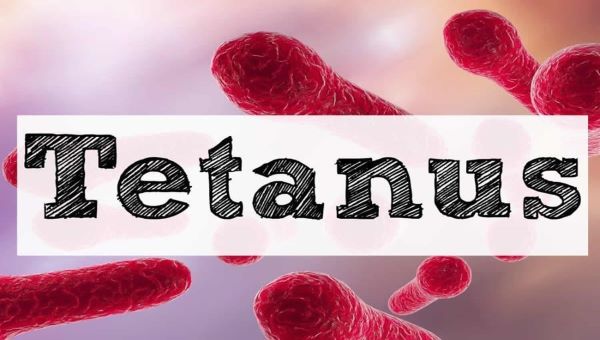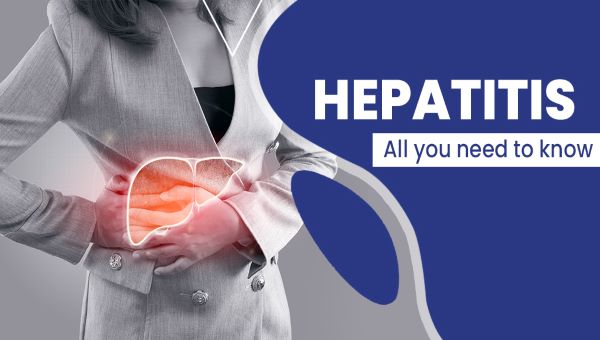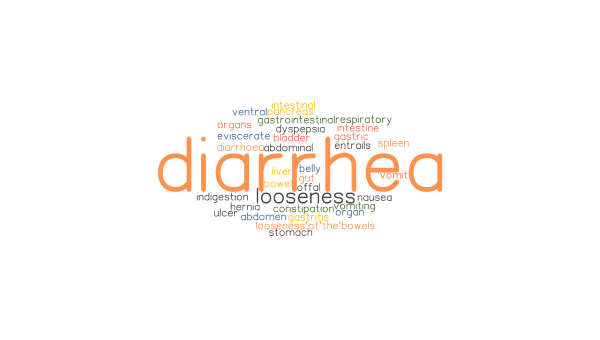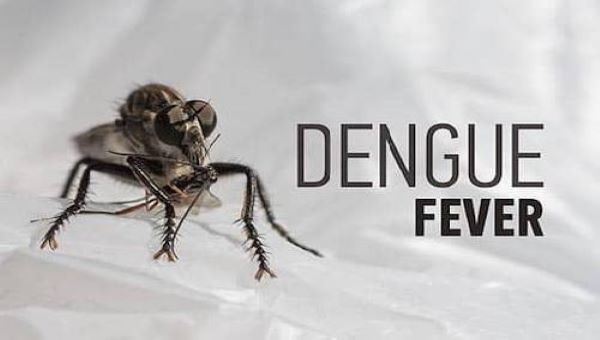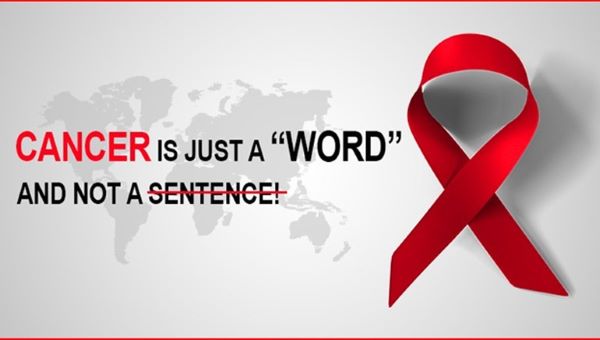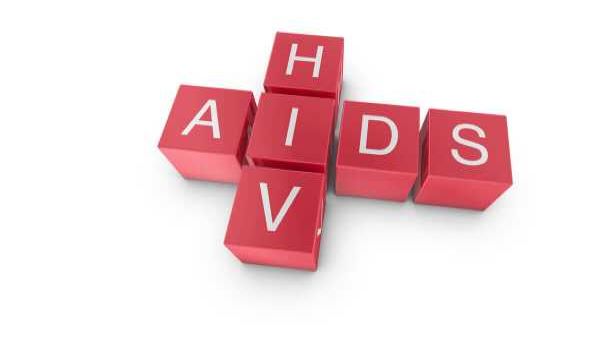Know more about TETANUS
Jul 02, 2022
TETANUS
INTRODUCTION
- Tetanus is a serious disease of the nervous system caused by a toxin-producing bacterium.
- The disease causes muscle contractions, particularly of your jaw and neck muscles.
- Tetanus is commonly known as lockjaw.
- Severe complications of tetanus can be life-threatening. There's no cure for tetanus.
SIGNS AND SYMPTOMS
Signs and symptoms of generalized tetanus include:
- Painful muscle spasms and stiff, immovable muscles (muscle rigidity) in your jaw
- Tension of muscles around your lips, sometimes producing a persistent grin
- Painful spasms and rigidity in your neck muscles
- Difficulty swallowing
- Rigid abdominal muscles
As the disease progresses, other signs and symptoms may include:
- High blood pressure
- Low blood pressure
- Rapid heart rate
- Fever
- Extreme sweating
CAUSES
- The bacterium that causes tetanus is called Clostridium tetani. The bacterium can survive in a dormant state in soil and animal faeces. It's essentially shut down until it discovers a place to thrive.
- When the dormant bacteria enter a wound — a condition good for growth — the cells are "awakened." As they are growing and dividing, they release a toxin called tetanospasmin. The toxin impairs the nerves in the body that control muscles.
Risk factors
The greatest risk factor for tetanus infection is not being vaccinated or not keeping up with the 10-year booster shots.
Other factors that increase the risk of tetanus infection are:
- Cuts or wounds exposed to soil or manure
- A foreign body in a wound, such as a nail or splinter
- A history of immune-suppressing medical conditions
- Infected skin lesions in people living with diabetes
- An infected umbilical cord when a mother isn't fully vaccinated
- Shared and unsanitary needles for illegal drug use
DIAGNOSIS
- Doctors diagnose tetanus based on a physical exam, medical and vaccination history, and the signs and symptoms of muscle spasms, muscle rigidity and pain.
- A laboratory test would likely be used only if your doctor suspects another condition causing the signs and symptoms.
PREVENTION
You can prevent tetanus by being vaccinated.
Vaccination for children
- The tetanus vaccine is given to children as part of the diphtheria and tetanus toxoids and acellular pertussis vaccine (DTaP).
- Diphtheria is a serious bacterial infection of the nose and throat. Acellular pertussis, also called whooping cough, is a highly contagious respiratory infection.
Children who do not tolerate the pertussis vaccine may receive the alternative vaccine called DT.
The DTaP is a series of five shots typically given in the arm or thigh to children at ages:
- 2 months
- 4 months
- 6 months
- 15 to 18 months
- 4 to 6 years
Vaccination for children ages 7 to 18
- A booster shot is recommended for children at age 11 or 12.
- This booster is called the Tdap vaccine. If your child didn't get a booster shot as this age, talk to your doctor about appropriate options.
Vaccination for adults age 19 and older
- A booster shot is recommended for adults once every 10 years.
- This may be one of two vaccines, Tdap or Td.
- If you weren't vaccinated against tetanus as a child or are unsure about your vaccination status, see your doctor about getting the Tdap vaccine.
Vaccination during pregnancy
- A booster is recommended during the third trimester of a pregnancy, regardless of the mother's vaccination schedule.
TREATMENT
- There's no cure for tetanus.
- A tetanus infection requires emergency and long-term supportive care while the disease runs its course.
- Treatment consists of wound care, medications to ease symptoms and supportive care, usually in an intensive care unit.

